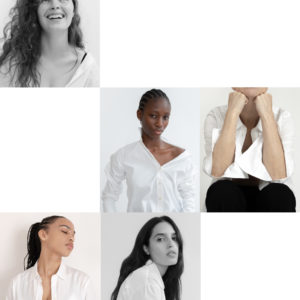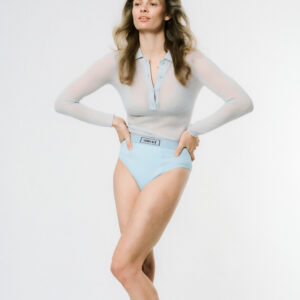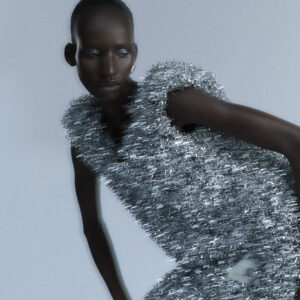Domestic narrative and optimistic warmth are the feelings that manifest when looking at Delfi Carmona’s images. The Argentina-based photographer, content creator, art director and former actress’ work often takes the form of self-modelled, self-referential images created in her studio, playing with elegant shadows and bold colours. Her self-timer moments offer a playful approach to colour and silhouette,and see the beauty in the every day: colourful foods, interiors and interestingly warped body shadows all catch the light and lense. The balmy light and optimism within her images is something we can be hopeful to relate to whilst staying in our homes.
We catch up with Delfi to see her point of view during isolation in her Buenos Aires flat, and dig into her creative archive of images that have been taken since the start of Argentina’s lockdown in late March.

How would you describe your approach to image making?
I like to tell stories with my images. I like to work on a concept or an idea that I had, I like to talk about things that I feel and I think with a visual gesture. I like natural photography, raw and honest, without retouching, that comes from inside the artist.
My work is inspired by light, colours + objects. I’m also attracted to the human body and its possibilities, I’m inspired by dance, music, cinema, performance and I let myself be carried away by all this when working on a new image.
You are based in Buenos Aires. Has this shaped your work and does this reflect how people are displayed in your images?
Buenos Aires is the city where I was born and grew up. I think there is something about my Latin American culture that is reflected in my work but I also think that it does not define it completely.
I don’t know if my work could be due to being born in this specific place. Buenos Aires is definitely a very sunny and colourful city and I think that has greatly influenced my way of photographing every day. Also every time I travel to other parts of the world my work adapts in some way to the environment in which I find myself. So maybe yes, the place has to do with how the artist works.
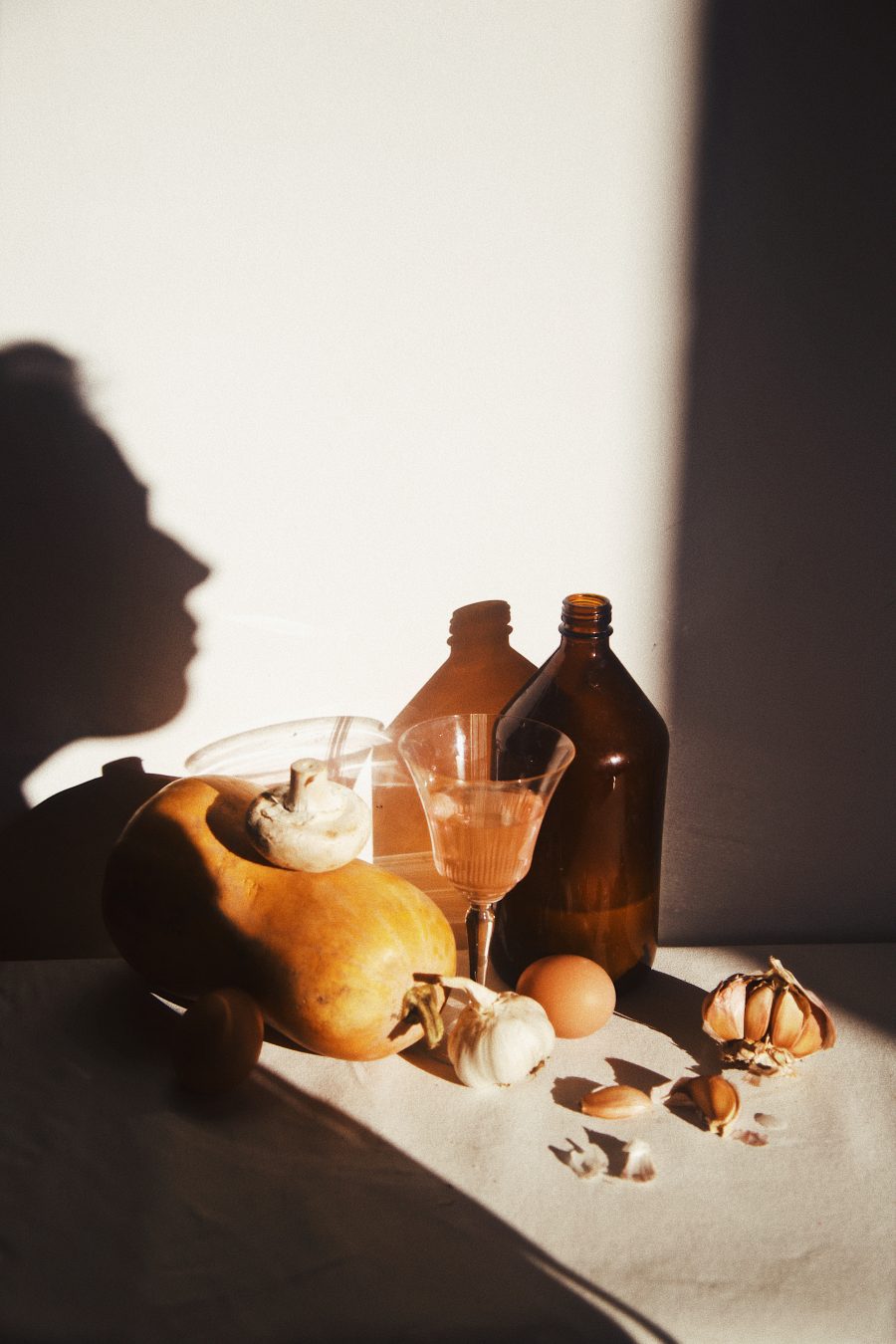
What themes do you cover in your work?
I like to assemble sets or small scenarios with objects, photographing everyday objects and composing them based on shape, texture and colour. I also work with shadows and the human body, often projected silhouettes of my own body, with the possibilities of movement and expression.
What does the use of personal, intimate spaces within your work signify for you?
My work talks a lot about me, so I think it’s logical that it also includes my daily, intimate spaces as settings for the images I take. My studio and my department are the same place at the moment, here I do personal work and also commercial work with brands. It has a wonderful light and it’s very easy and comfy for me to work here but it’s also a space of intimacy, privacy and security and I think that’s later reflected in my work.
Art is a space of vulnerability and connection with our greatest intimacy, that’s why I like to work under these parameters, because I’m drawn to that sacred space of solitude.
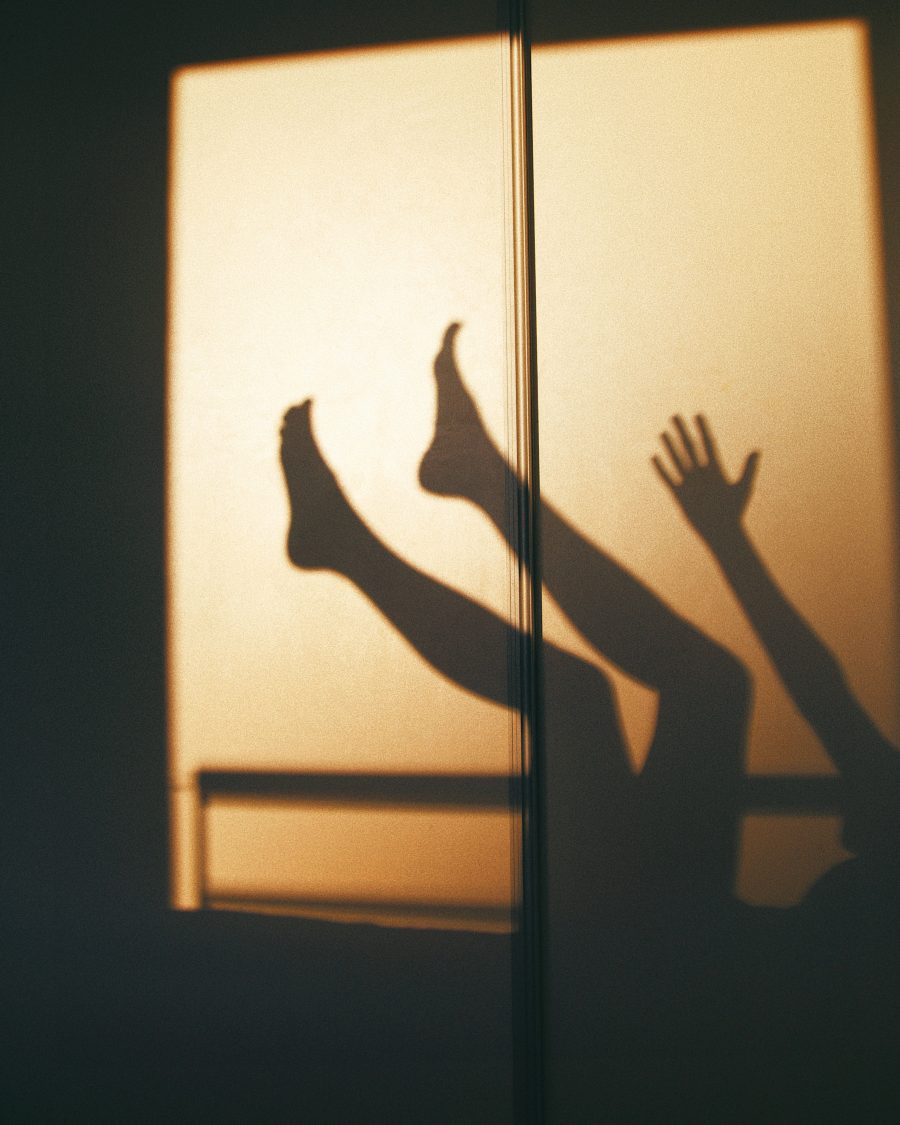
“Art is a space of vulnerability and connection with our greatest intimacy, that’s why I like to work under these parameters, because I’m drawn to that sacred space of solitude.”
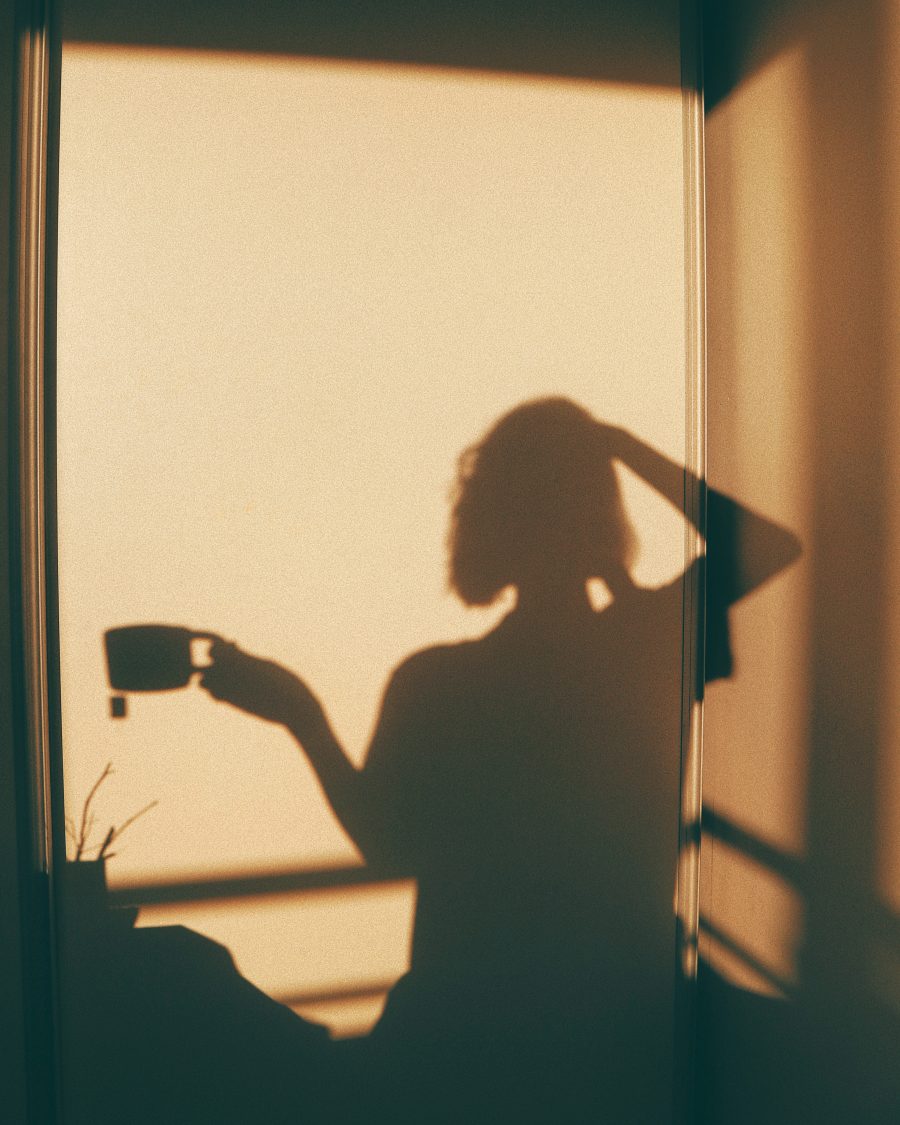
Your images feel like beautiful, intimate moments of domesticity- is the home a big inspiration point for you?
Yes absolutely! As I was saying, my home is a very important creative space for me currently. I rent an apartment in a quiet neighborhood of my city, it’s not very big but it’s perfect for me, my husband and our cat at the moment. It has wonderful light at all times and has good energy, which is why I’m always inspired by the changes in daylight or the passing of the seasons to create something new.
You are often the subject within your images – is this for a conceptual purpose, or more convenient as you can define when and where you shoot at any given moment?
I think both! On the one hand, being the protagonist of my own photos has the ease of being able to organize a shoot whenever an idea occurs to me and not having to coordinate with other people to carry it out. I studied acting for many years and it’s easy for me to position myself in front of the camera and also long ago I learned to love myself, to love my image as it is with its strengths and weaknesses.
And on the other hand, on a deeper level, all my work is quite self-referential. I like to be the protagonist of my photos because all my photos speak of my inner states, my ideas and thoughts and it’s easier for me to transmit them personally than to transmit them through someone else.
Of course I can also work with other models, in fact I really like to photograph other people and it’s a completely different and wonderful experience!
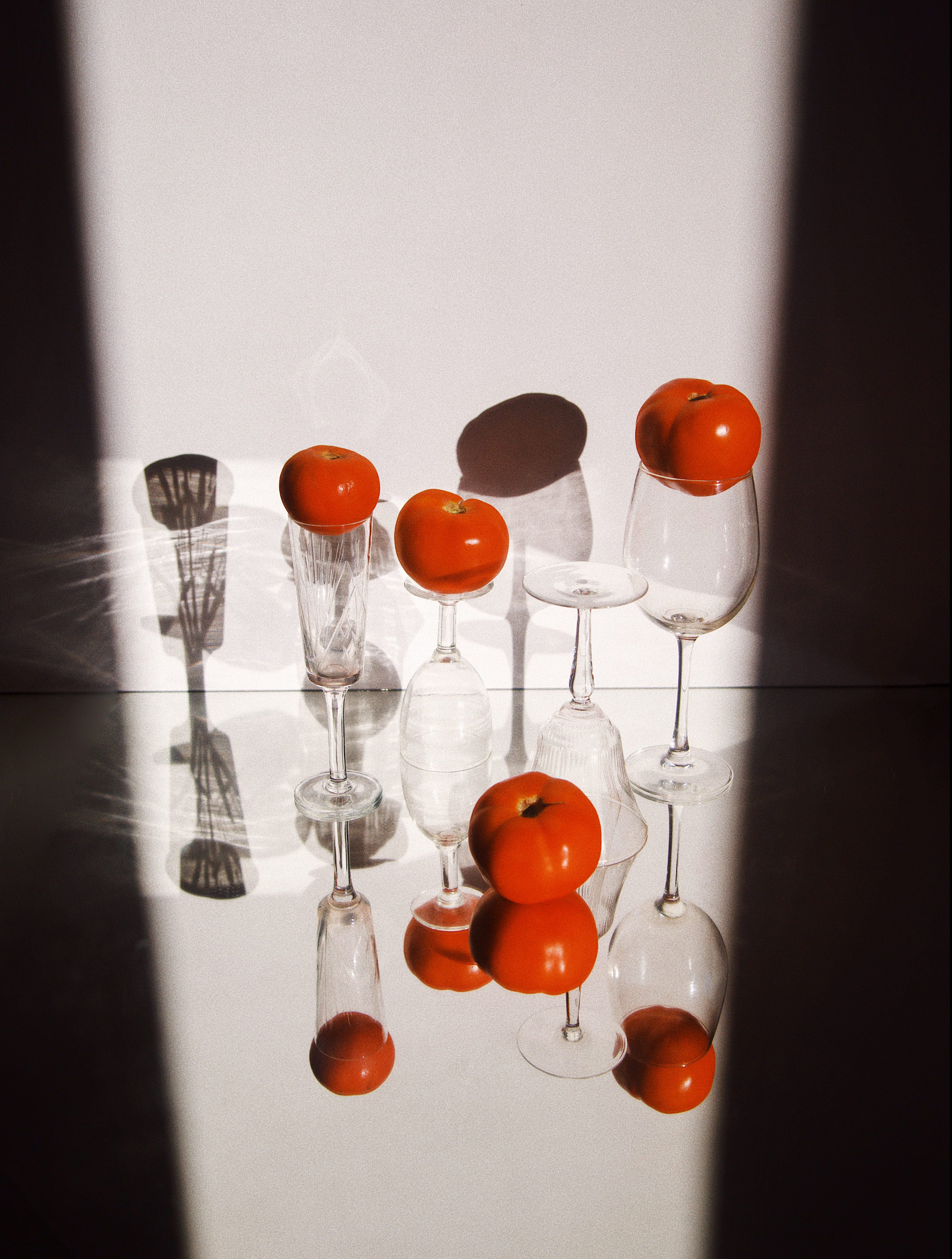
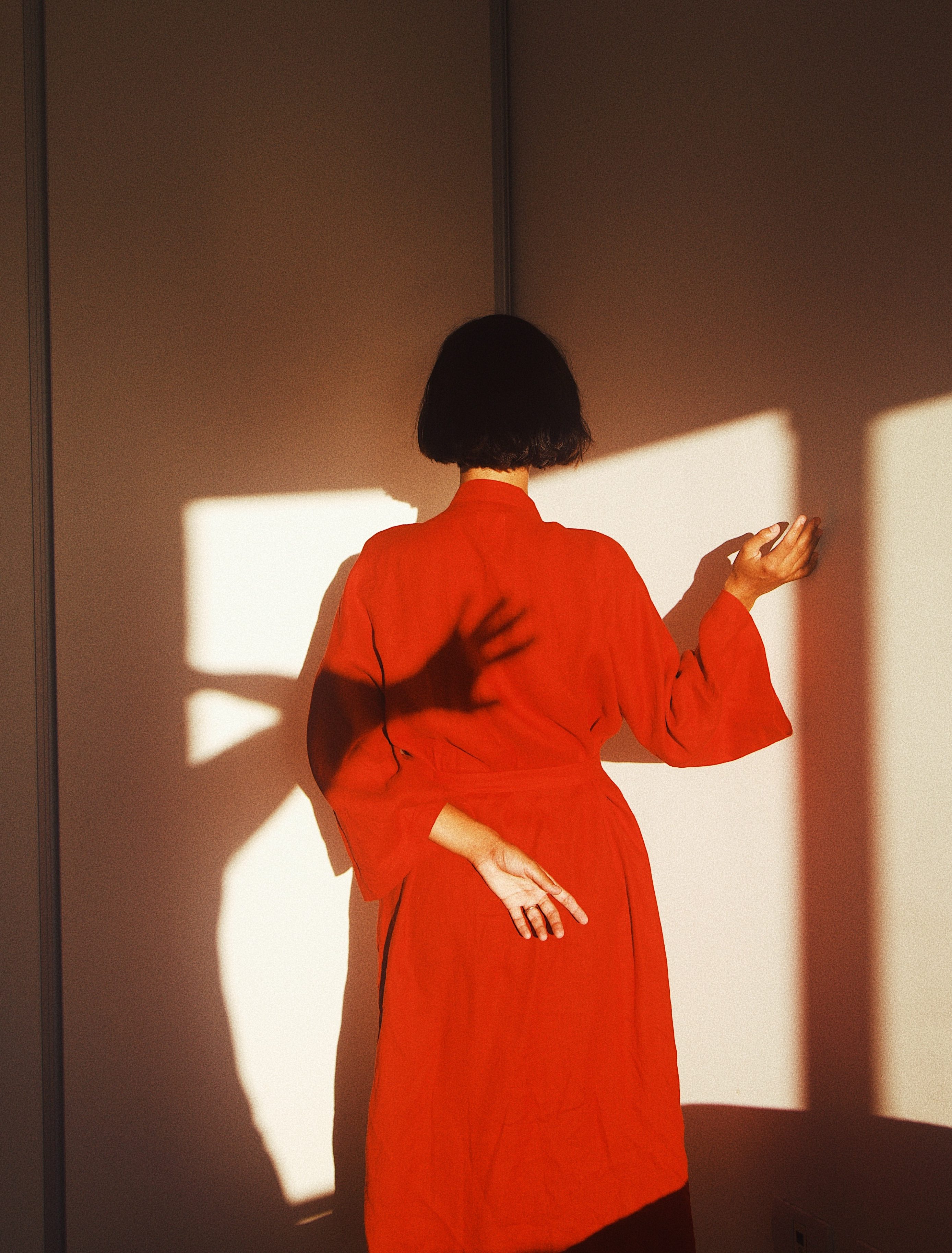
On the subject of home- as we are writing this isolated in our homes during the global pandemic- how long have you been isolating for?
In Argentina we have been in quarantine for just over a month (as of late March) and we still lack a long time of isolation, I think. It’s time to stay home, not to pressure ourselves and to spend this moment as honestly as we can.
It’s not wrong not to want to do anything, to take the time to rest and gather energy and think about how we can contribute to changing the world a little. And it’s also not wrong to feel hyperproductive and take advantage of this time to create new things, to learn something, to do things that we had pending.
But it’s important that we become aware, whatever we do, that the world needs a new look, a new behaviour and commitment on our part. Old models don’t work anymore and it’s time to build a new network and a new pattern among all, to be fairer, and less selfish. No one prepared us for this nor can tell us how to feel at this time, so it’s important that we are true to ourselves.
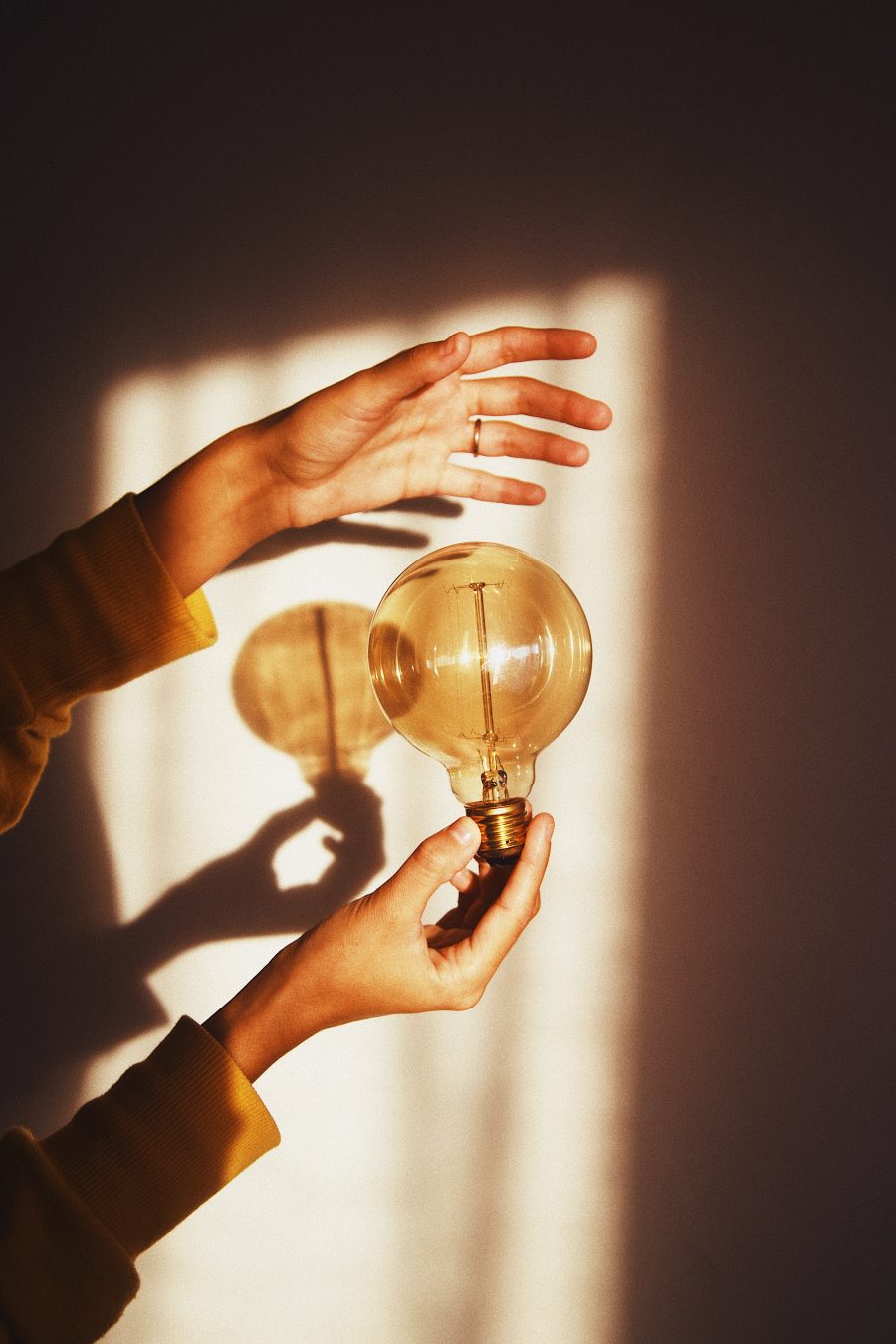
“It’s important that we become aware, whatever we do, that the world needs a new look, a new behaviour and commitment on our part. Old models don’t work anymore and it’s time to build a new network and a new pattern.”
How do you think the future of your industry will look?
I’m not sure! But what I hope is that there is a major paradigm shift in the way society values and protects its artists. I think that at this moment we can become aware of how important art is in our lives and I hope that this will serve to promote the industry with greater justice than before for artists.
It also seems to me that many new networks of connection and collaboration are appearing and that this will be important in the future, for community work, teamwork, solidarity and appreciation of the places we occupy and that others occupy with us.
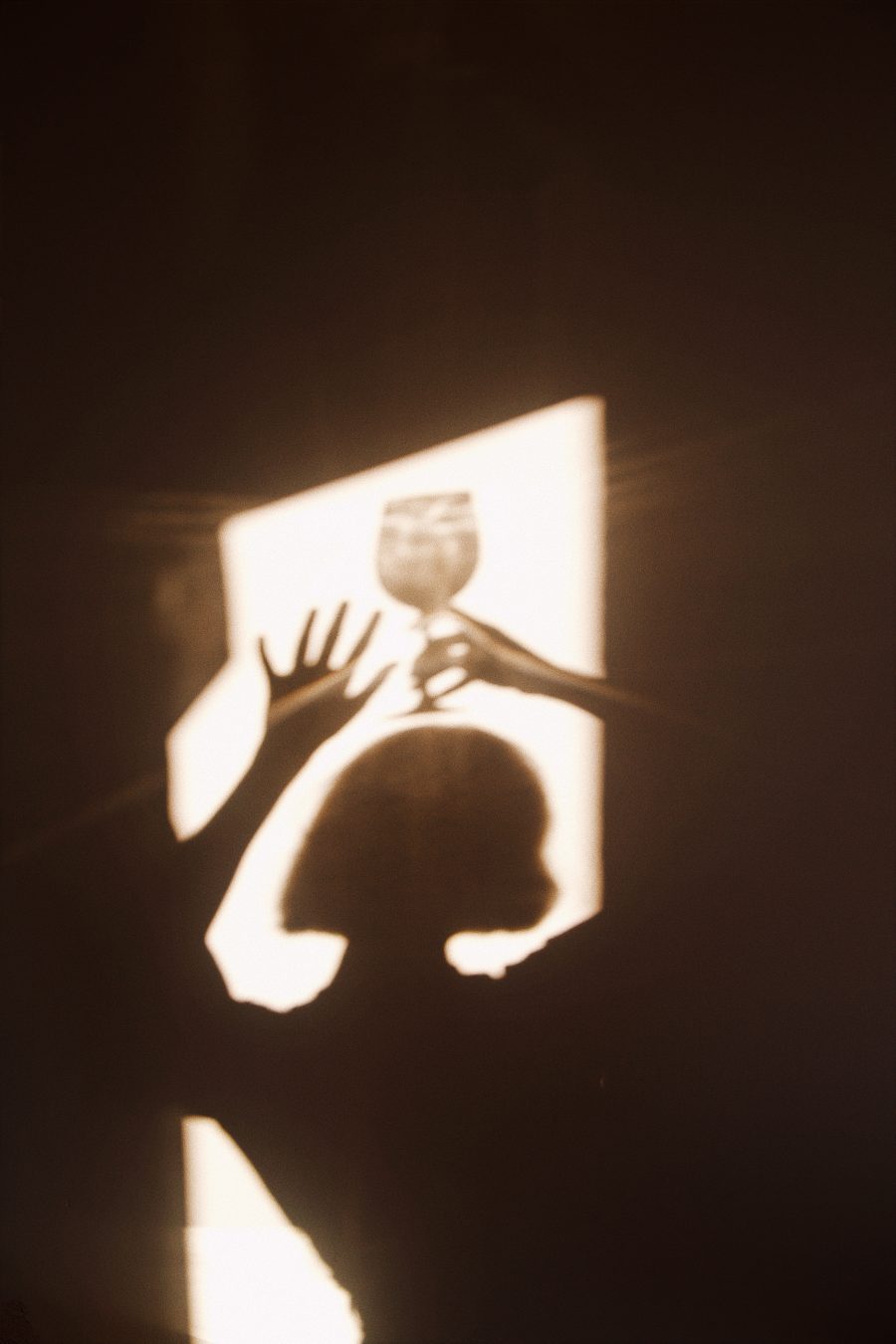
See more of Delfi’s work here.
